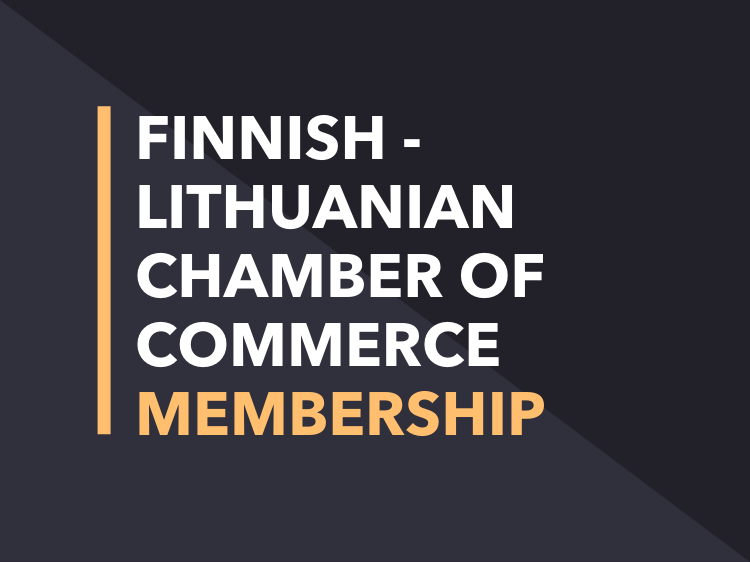
Decisions taken by the politicians seem to push further the so-called hard Brexit scenario in which the British would leave the EU without any agreements, and turn Great Britain into the third country immediately with all the ensuing consequences. Yet even if Great Britain leaves with a deal, not only business will have to “reboot”: people will also have to change their shopping or gift sending habits.
According to Eligijus Vinckus, an attorney-at-law of Magnusson ir partneriai and an expert of customs and trade law, despite the type of exit from the EU, the border of Great Britain and a stricter control will have to be restored.
“We should keep in mind that after withdrawal of Great Britain from the European Community, customs procedures will begin to apply at the border. Whether they will be relatively lax or only very stringent will depend on the scenario chosen by the British: leaving with a deal or just slamming the door. Currently, the agreement with the European Community seems more likely, and the market of that country will not be shut down so radically,” says the attorney-at-law.
To become like Norway
For years, Great Britain has been associated with a synonym of financial welfare and has been attracting numerous immigrants from Lithuania. Their parcels and packages sent to the homeland as well as purchases of Lithuanian residents from British online shops will capture attention of the customs after Brexit.
It might be that everything will be operating similarly to Norway which is not a Member State, and movement of goods or non-commercial packages across its border is not as free as between other EU members.
“We need to prepare for this as the end of the free transit system will bring application of customs formalities and administrative burden. It might be necessary to document import or export, just like we have to in case of Norway when declaring shipments. Having gained a status of a third country, Great Britain will cause certain inconveniences, and we’ll have to play by a new set of rules,” Mr Vinckus points out.
Moreover, Brexit will probably trigger the restrictions as to the quantity and type of goods to be imported to or exported from Great Britain. This usually concerns alcohol and tobacco products.
When changing the place of residence and arriving to Lithuania from third countries, tax exemption applies to personal belongings and household items brought to this country by a spouse after a marriage.
Date still unclear
It still remains unclear when Great Britain is leaving the EU, and it will depend on the politicians. Nevertheless, in view of the fact that it will happen and the Christmas season is approaching with a more intensive trade and flows of parcels, the consumers should take into account all those aspects.
The same should be noted by those who are going to send parcels from Great Britain to their families in Lithuania, or from Lithuania to Great Britain.
“The situation is highly volatile and the date for Brexit remains unclear. It may take place in a month, two or three, and it is worthwhile to think through one’s plans so that not to leave everything to the last minute,” says the attorney-at-law.
In June 2016, 52 per cent of British people voted in favour for Brexit. The European Union has extended the exit deadline for Great Britain until 31 January 2020, which means that the country may leave the bloc any time by then.










